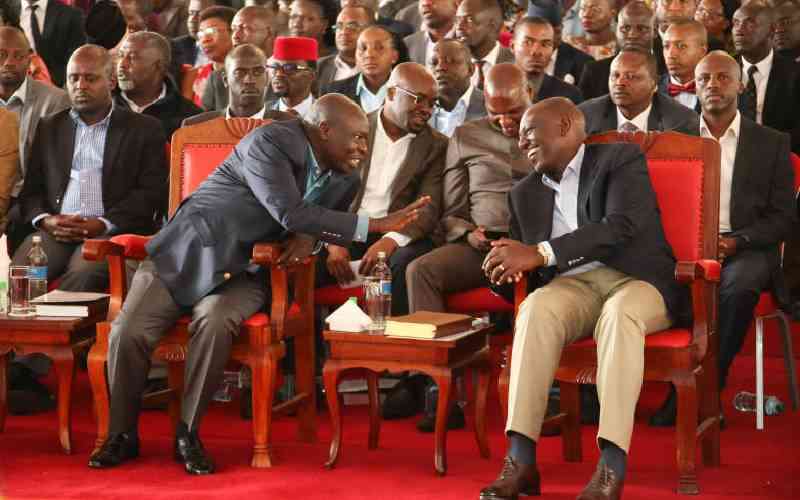×
The Standard e-Paper
Smart Minds Choose Us

Today (Sunday, March 19, 2023) marks 222 days - roughly 32 weeks - since our August 9, 2022, general election. This leaves us 1,605 days (about 229 weeks) before the next one our 2010 constitution demands on Tuesday, August 10, 2027.
We don't like long-term, but this is the medium-term space to transform Kenya right now (basically, 261 weeks in total between our last and next election). March 13 was six months since the presidential inauguration on September 13. Let's stick with this count of time.